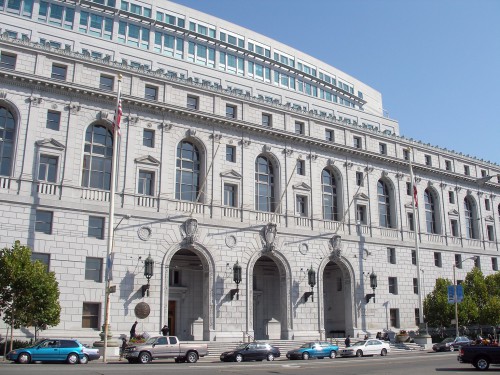

By Kaylee Pearlman
LOS ANGELES, CA – The California Supreme Court this week ruled the state had failed to disclose key evidence in a manslaughter case that may have led to a different outcome at trial, and “reversed the judgment of the court of appeal denying Petitioner’s [Jasmine Jenkins] petition for writ of habeas corpus.”
The court held that “the Attorney General has both a constitutional and an ethical duty to disclose evidence.”
According to the filing by Jenkins, “Jenkins discovered after trial that the state failed to disclose evidence showing that the charged victim, Brittneeh Williams, as well as her sister Sade—the state’s key witness in this self-defense case—had been convicted in juvenile court of multiple violent felonies and enhancements.”
In January of 2018, according to court documents, Jenkins stabbed Brittneh Williams in a gas station with a large kitchen knife. The two women got into an argument at a gas station when Jenkins proceeded to leave the car and attack Williams.
After trial, Jenkins petitioned that “the People had suppressed evidence at trial in violation of Brady v. Maryland, 373 U.S. 83 (1963).” She went on to explain that the evidence “would have supported her claim of self-defense.”
The specific argument for the violation of Brady v. Maryland was “that the victim and a key witness had previously been prosecuted for aggravated assault arising from an incident that occurred 12 years earlier.”
Brady v. Maryland was a landmark case which concluded that “the government’s withholding of evidence that is material to the determination of either guilt or punishment of a criminal defendant violates the defendant’s constitutional right to due process,” according to the U.S. Supreme Court.
In Jenkins’ petition, she argued “that the Attorney General violated her due process rights by suppressing the same evidence that had formed the basis of her Brady claim.” The court of appeals then concluded “that the evidence was not material under Brady and denied the habeas petition.”
The Supreme Court mentions in their opinion that “we urge the prosecutors in this case, and in every other, to carefully consider the constitutional, ethical, and habeas corpus procedural duties that we have outlined herein…to ensure that they faithfully bear the special responsibilities ascribed to the prosecution in our system of justice.”
Jenkins’ argument noted, “This Court should explicitly hold that the Attorney General is both legally and ethically obligated to disclose exculpatory evidence (under Brady) it has knowledge of, or is in actual or constructive possession of, as soon as such evidence comes to light.”
But, the argument added, “At every turn before its brief in this Court, the state in this case explicitly or implicitly claimed that the Williams sisters were not in fact convicted of multiple violent felonies.”
In its opinion, the CA Supreme Court agreed with Jenkins’ claim: “The Attorney General Should Not Be Allowed to Unilaterally Determine What Exculpatory Evidence Is Material Without First Apprising the Impacted Defendant of That Evidence’s Existence.”




